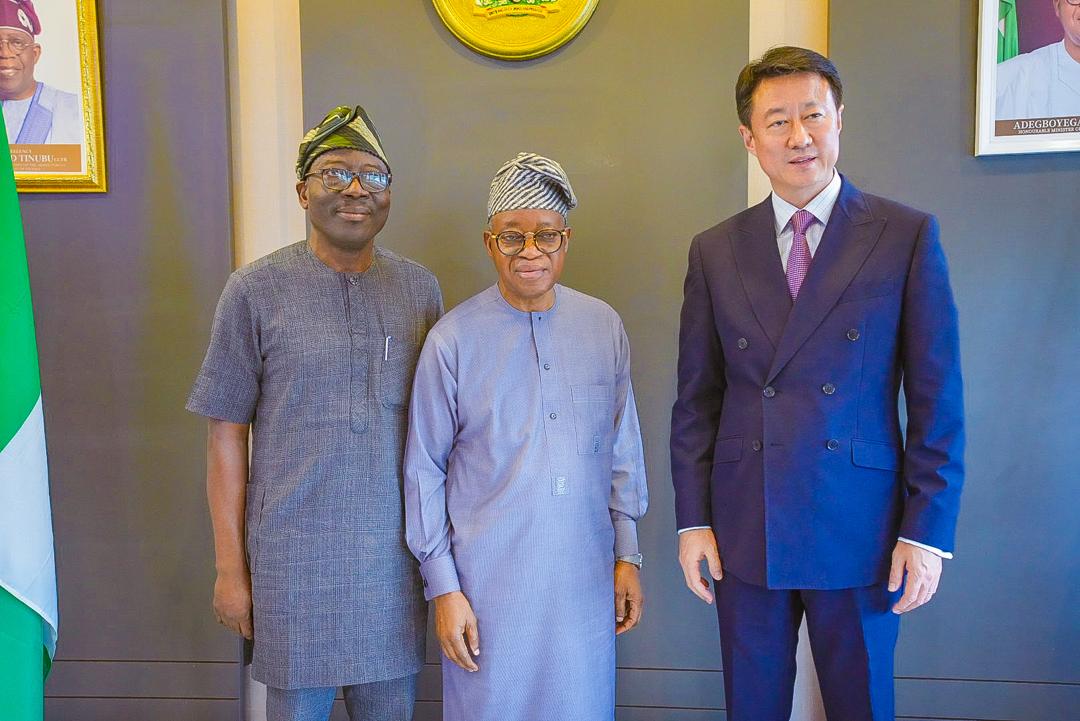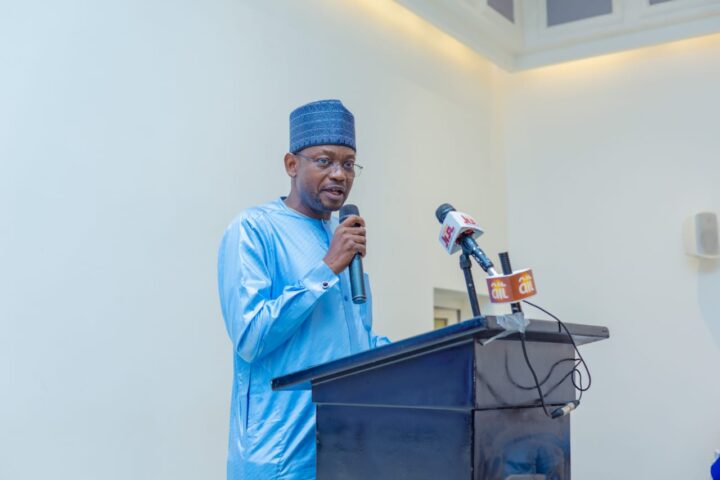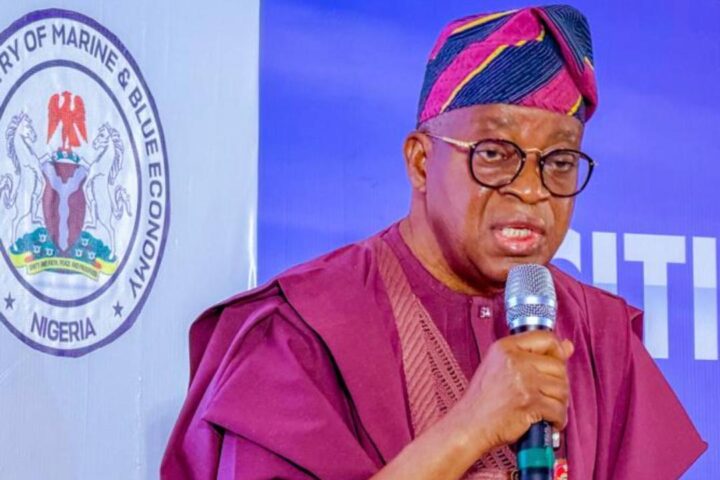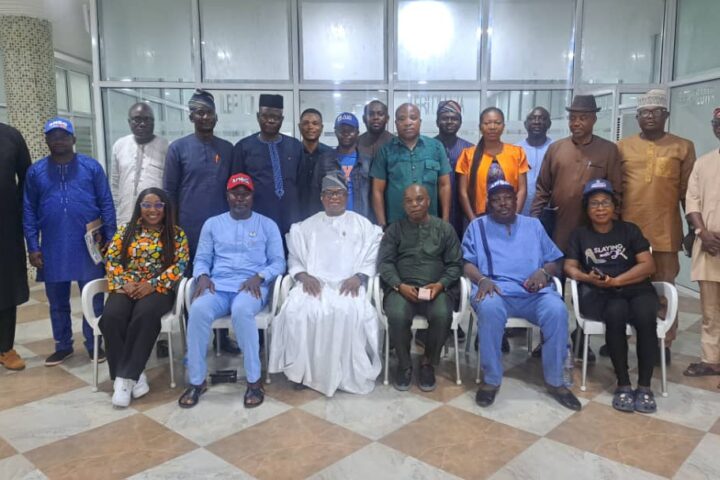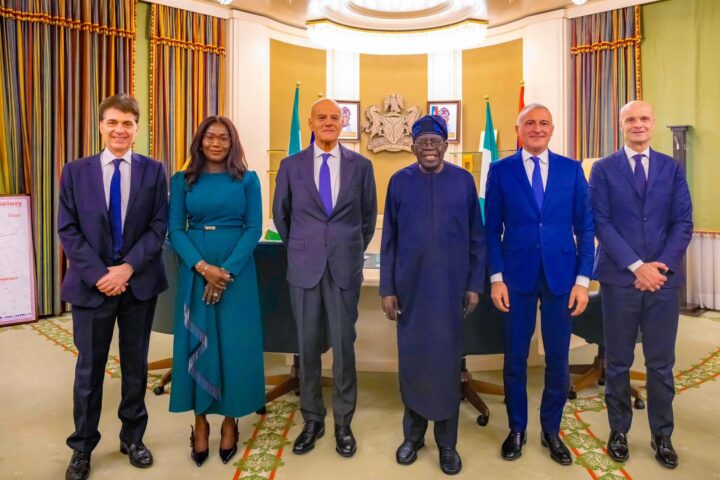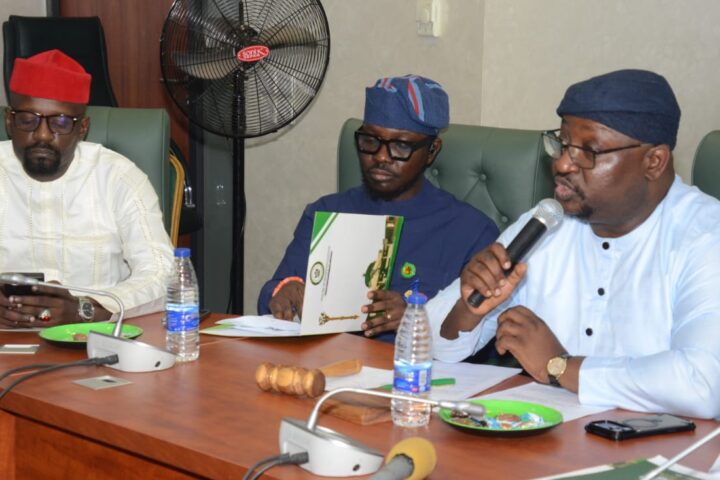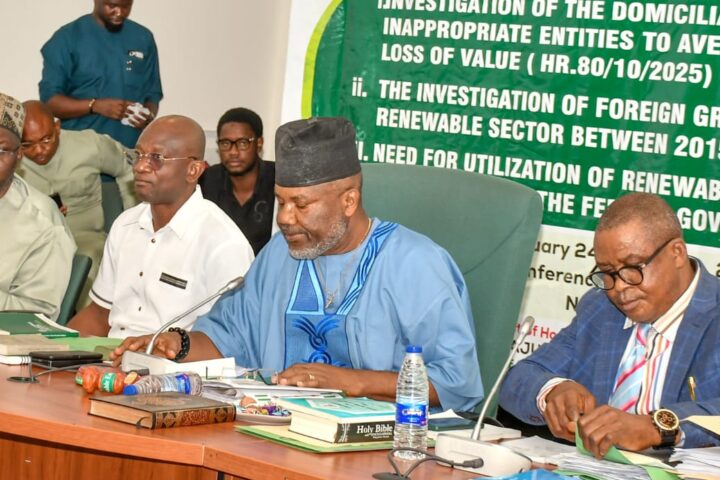Nigeria and China have strengthened ties on marine and blue economy development.
Dr Bolaji Akinola, the Special Adviser, Media and Communications, to the Minister, Federal Ministry of Marine and Blue Economy, conveyed this in a statement on Thursday.
Welcoming China envoy to his, Minister Adegboyega Oyetola lauded the bilateral relationship between Nigeria and China, describing it as mutually beneficial and pivotal to the economic growth of both nations.
Nigeria, with its extensive coastline and rich maritime resources, is strategically positioned to become a hub for marine trade, logistics, and investment in Africa, he said.
He highlighted the country’s 853 kilometres of coastline along the Atlantic Ocean, its vast inland waterways spanning over 10,000 kilometres, and the abundant marine biodiversity that supports aquaculture, fishing, and other blue economy activities.
According to him, Nigeria’s maritime domain holds immense potential for shipping, port operations, fisheries, renewable ocean energy, marine tourism, and coastal infrastructure development.
He said the marine and blue economy sector is a frontier for wealth creation, job opportunities, and sustainable development if properly harnessed.
“Our Ministry is determined to create the right framework for investment and partnership, and we believe that Nigeria has a lot to learn from China’s marine and blue economy development model,” Oyetola stated.
Nigeria’s vast fisheries resources could support food security while contributing significantly to foreign exchange earnings, he said.
He expressed the government’s desire to collaborate with China in tackling illegal, unreported and unregulated fishing, which undermines Nigeria’s economic and food security.
He reaffirmed Nigeria’s readiness to strengthen its bilateral relations with China, particularly in marine resource management, port development, and capacity building.
In his remarks, Ambassador Yu Dunhai noted that his visit to the Ministry was in furtherance of the strong partnership between China and Nigeria.
He said that it has been exactly one year since President Bola Ahmed Tinubu paid a state visit to China, where he met with Chinese President Xi Jinping.
The visit has produced significant economic benefits for both nations, including deepened cooperation in trade, infrastructure, and industrial development, he said.
The Ambassador highlighted the Lekki Deep Seaport, constructed by China Harbour Engineering Company, as a shining example of Sino-Nigerian collaboration. He noted that the port, Nigeria’s first deep seaport and one of the largest in West Africa, is capable of handling ultra-large container vessels and significantly boosting Nigeria’s trade volume.
He emphasized that the project has created thousands of direct and indirect jobs, eased congestion at Lagos ports, ensured faster cargo clearance, and positioned Nigeria as a key maritime hub in West and Central Africa.
He added that the port is expected to generate billions of dollars in revenue over its concession period, making it a vital contributor to Nigeria’s economic growth.
He disclosed that an agreement is in the pipeline for the export of Nigerian aquacultural products to China, which will open new markets for local producers and strengthen food trade ties between the two nations.
China,he said, has already approved zero tariffs on Nigeria’s aquaculture exports to the Chinese market, a move he described as a testament to China’s commitment to deepening economic cooperation.
Both parties reaffirmed their commitment to building on the solid foundation of China–Nigeria relations, with Minister Oyetola expressing optimism that new avenues of collaboration would emerge from the engagement.
“Nigeria’s marine and blue economy holds tremendous opportunities for investors, and with China’s cooperation, we are confident of unlocking this potential for the benefit of our people,” Oyetola said.


